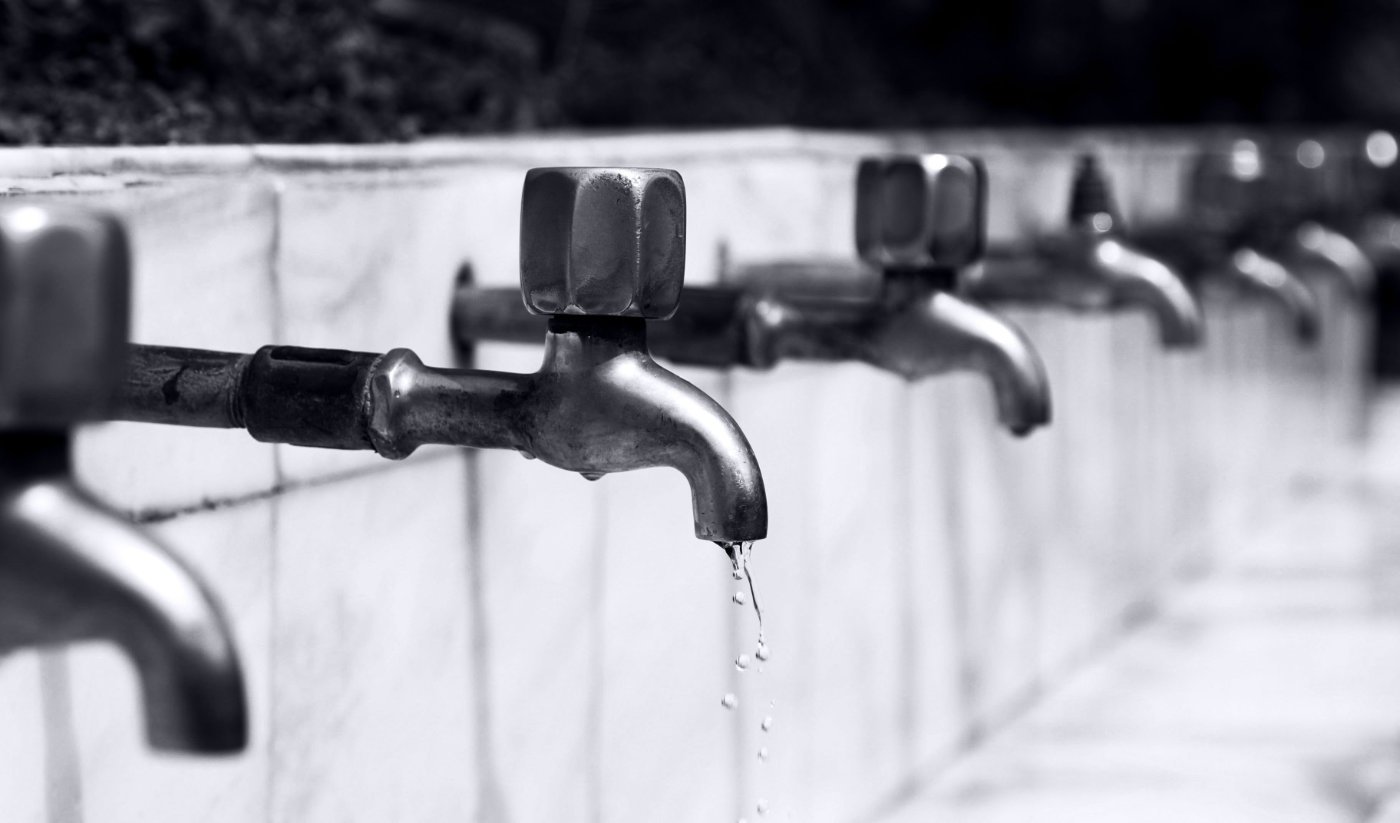
Legionella Remedial Works
Legionella Remedial Works
-
Legionella Risk Assessment
-
Legionella Remedial Works - Legionella Risk Assessment -
Legionella Remedial Works
Your legionella risk assessment will identify all areas in your water systems at risk of legionella growth and requiring remedial work. These works will look to improve the design of the water system by removing any risk that might encourage growth.
An example of remedial works that might be required include changes such as: removing redundant pipework, removing sources of nutrients (limescale), cleaning cold water storage tanks, insulating pipework, servicing Thermostatic Mixing Valves (TMVs) and so on.
Why do I need to do Legionella remedial works?
The legionella risk assessment will have identified any areas of risk that need to be either removed or measures taken to reduce the risk of exposure to legionnaires disease.
Corrective measures to bring your water system into compliance should be made in accordance with the Approved Code of Practice (L8) also known as the HSG 274. Legionella testing may also be necessary to determine if there is currently a legionella presence as part of any remedial actions required.
When do I need to do remedial works?
If completed correctly remedial works should only be required once. Should you be required to make any additional changes to your water system it is important to consult with your water hygiene specialist to ensure the changes meet current regulations.
Legionella monitoring however is an ongoing requirement where inspections and monitoring tasks should be carried out throughout the year. Periodic reviews of the legionella risk assessment should also be completed. Your legionella risk assessment might therefore identify that your cold water storage tank has no lid or that you have a number of dead ends (pipework that has been capped off and allows the water to stagnate). By carrying out legionella remedial works you will have installed a new tank lid, and removed the dead ends reducing the risk of legionella growth. These works if completed correctly will not need to be carried out again.
How much does legionella remedial works cost?
Costs vary from site to site depending on the remedial works identified in your legionella risk assessment.
If you feel your current water hygiene service provider is quoting you too much, contact our friendly team for a competitive quotation.
How long will the legionella remedial works take?
We will work closely with you to ensure minimal disruption to your business is caused. Provided we can obtain clear and easy access to rooms and buildings we will always try to keep time on site to a minimum.
Will I get anything to say the works were completed?
Yes, you’ll receive a site report with photos of all the completed works. This way you have evidence and proof of works, as opposed to a certificate which is not legally required. We aim to provide you with peace of mind through out customer service and proof of work.
What do I do after the Legionella remedial works?
Once all the legionella remedial works are complete, you will then need to ensure that your legionella monitoring programme is implemented (periodical checks and maintenance) with a logbook for recording keeping all legal duties and monitoring requirements.

Legionella Remedial Works Services
-
Tank Clean & Disinfection
-
Tank Replacement
-
Removal of Tank Objects
-
WRAS Regulation Fittings
-
Insulation fittings
-
Health & Safety Signage
-
Descale Services
-
Temperature Adjustments
-
Dead End/Dead Leg Removals
-
Temperature Guages
-
TMV Services
-
TMV Installs/Removals
-
Water Heater Repairs
-
Water Logbooks
-
Legionella Testing
-
Overflow Installs
-
Safe access to Water Services
-
Overflow Screen Installs
-
Air Vent Installs
-
PRV Servicing
-
Any Plumbing for any system
FAQs
-
Once you have received your legionella risk assessment and have completed your remedial works to remove or reduce the identified risks, you won’t typically have to undertake the same works again. For example, installation of isolation valves, insulation, signage, etc.
You may however need to undertake further remedial action for ongoing tasks that may continue to change as time passes. For example, cold water storage tanks develop sediment, fill with scale, and debris over time. Temperature adjustments may be required over time. Thermostatic Mixing Valves (TMV’s) will require ongoing maintenance to ensure they remain within the compliant temperature range. And to ensure the filters are cleaned.
So whilst you won’t need to update or change the design of the water system, you will often need to continue with maintenance and service works. Also, if you change your water system in anyway, the works undertaken must be completed to the HSG 274 guidelines.
It is also worth bearing in mind that signage may fall off or be taken off by service users or customers, insulation may fall or become inadequate, or assets such as water heaters may fail and need replacing overtime.
In conclusion, whilst the majority of your remedial works won’t need further action, and you shouldn’t see them reappear in your legionella risk assessment. It is foreseeable to see cold water storage tanks requiring cleans in your legionella risk assessment every few years. Risk ratings can go from low to high from a lack of control and management from simple corrections. Non-compliant temperatures or heavy stagnant water may lead to high risk ratings from low as an example.
-
All of our engineers are fully qualified with City & Guilds training, they also hold certification in the water advisory regulations scheme, Pwtag ( The pool water treatment advisory group) and unvented systems, and can help assist you in meeting compliance today for HSE (ACoP L8), and provide landlords with guidance for hot and cold water low risk systems. so you can rest assured that you are working with a trusted water hygiene service provider who put health and safety first.
All our engineers are enhanced DBS Checked to ensure suitable people are entering your premises and to safeguard vulnerable people. We are committed to maintaining the highest standards within our industry.
